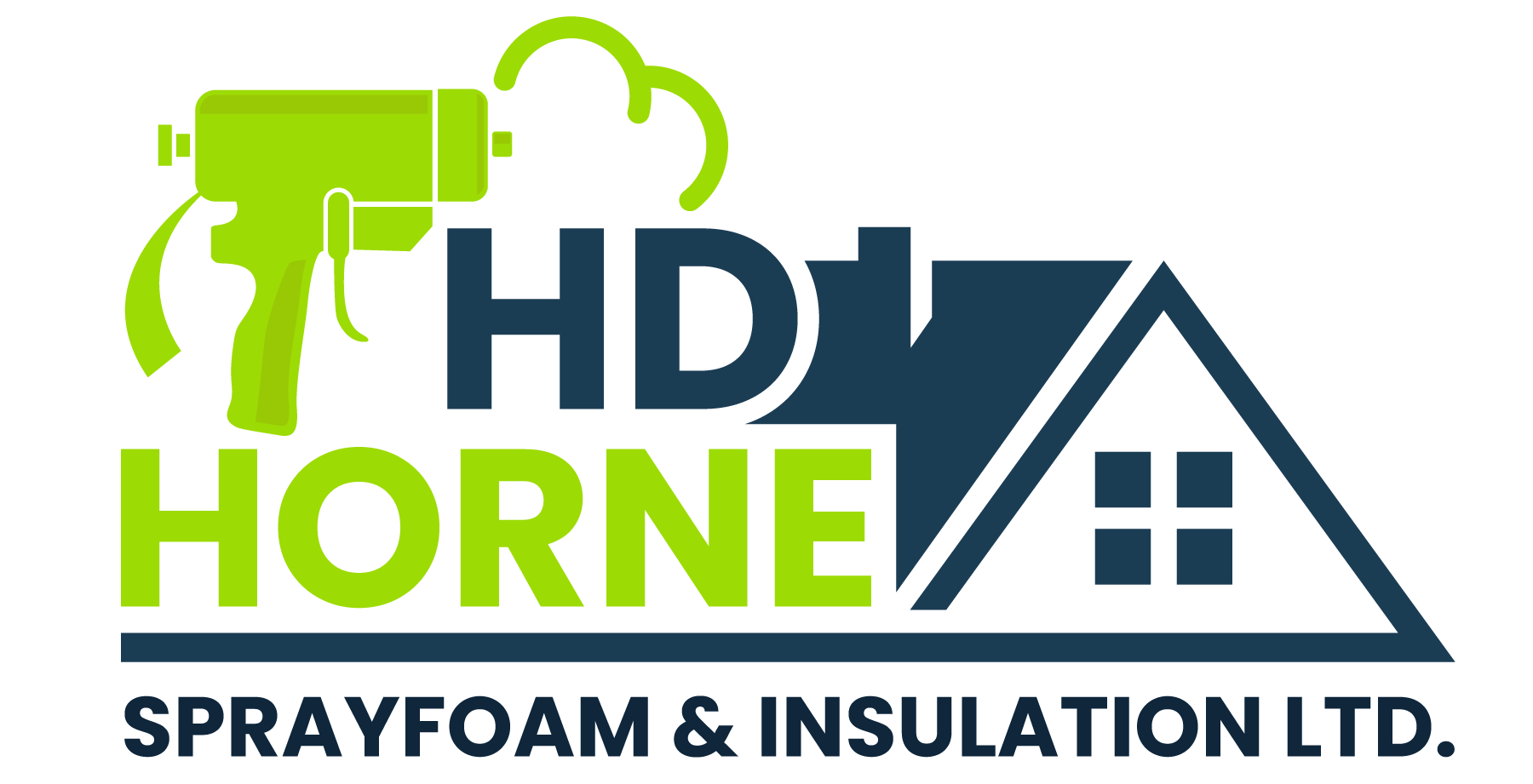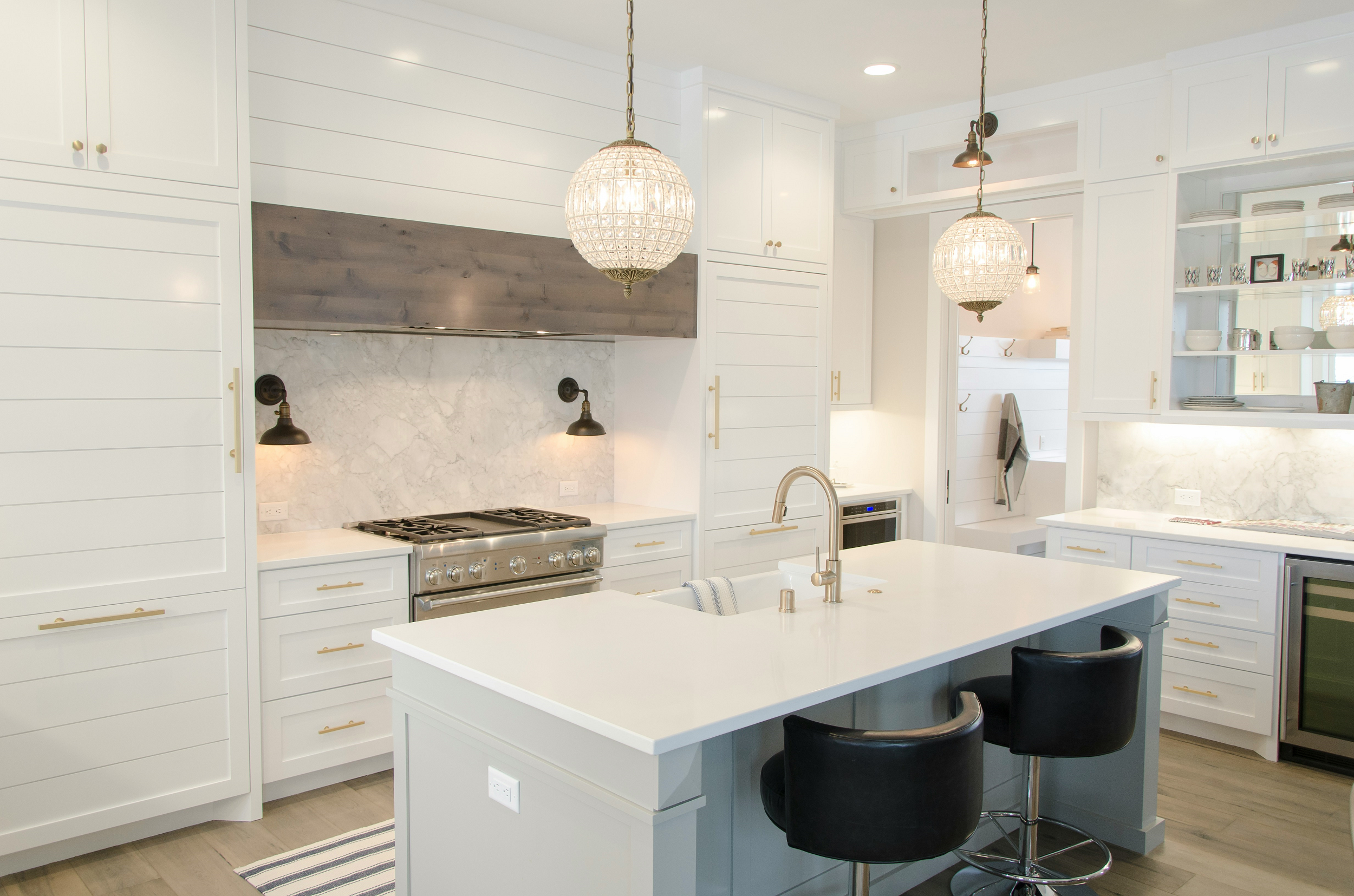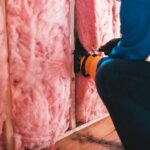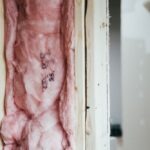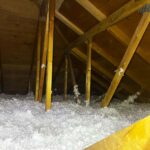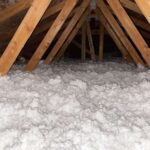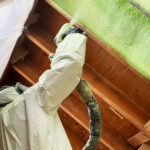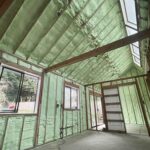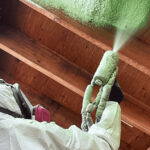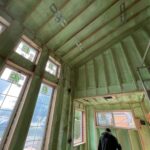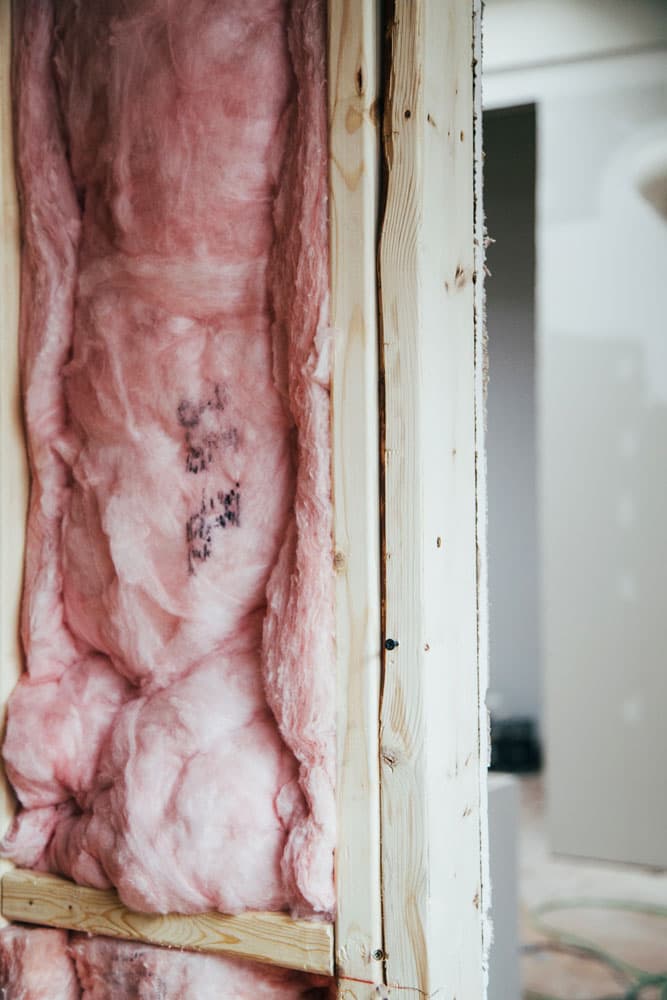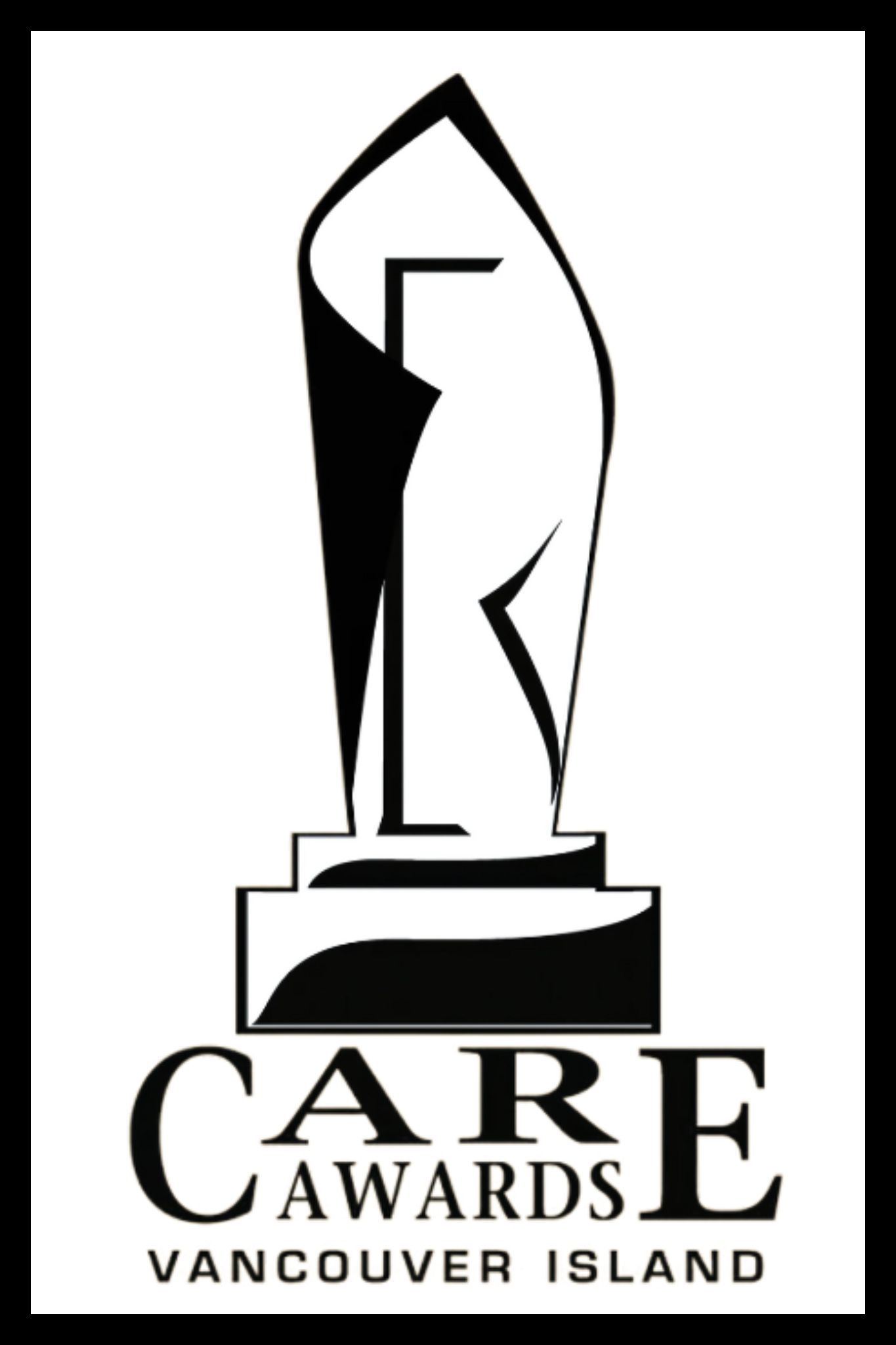We talk a lot about insulation R-value, so we thought it was a good time to do a refresher on what it means and how it works!
What is Insulation R-Value?
R-value is a standardized metric for the resistance of a specific material or composite system to heat transfer. The higher the value, the greater the resistance to the flow of heat, which in turn determines how well the material insulates.
A higher R-value means the material can resist heat flow, thereby reducing the heat that escapes in the winter or enters in the summer.
R-Values for Different Areas of a Home
Attic Insulation
Attic insulation is important to prevent most heat from escaping, and R-50 is the minimum R-value recommended by Canadian building codes for energy efficiency.
Without the proper insulation, heat can be lost through the roof, making your home cooler and more expensive to heat.
You can mix the spray foam and the fibreglass in a hybrid kind of insulation:
- Spray Foam Base Layer: This provides insulation and a vapour barrier. It also acts as a sealant that prevents air leaks and minimizes gaps and cracks.
- Additional Fiberglass: Blown-in fibreglass is applied over the spray foam. This brings the house closer to the target R-50 for a much lower cost.
It also provides the highest R-value per inch of all insulations and expands to seal gaps, allowing air-sealing rebates while preserving attic storage space.
Wall Insulation
Wall insulation is imperative. Exterior walls need R-22, and basement walls need R-20. Spray foam eliminates the thermal bridging that occurs when heat escapes through the wall’s studs, creating an unbroken layer of insulation.
Windows and Doors
With R-values of R-1 to under R-6, windows, and doors can be better insulated with energy-efficient designs, like low-emissivity coatings and insulated frames, to minimize heat loss.
R-value-based upgrades are making homes across Canada increasingly energy-efficient. By 2030, the goal is for all homes to be net zero-ready.
If you’re interested in improving the insulation and energy efficiency in your home, contact us today to learn more about Vancouver Island spray foam insulation!
You can also learn about insulating crawl spaces here!
